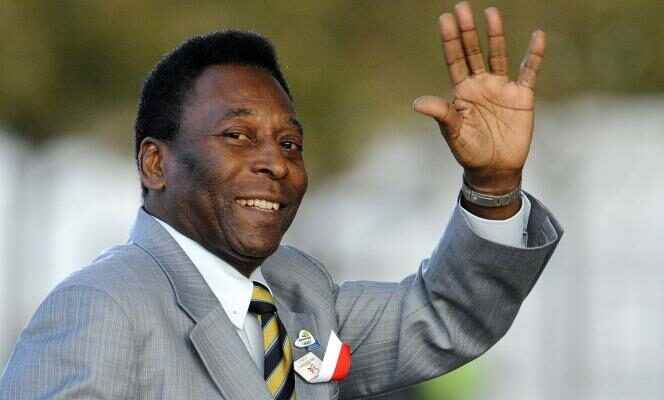Pelé, “king” of football, but also of controversy. Celebrated around the world for his exceptional sporting performances, the football star has also been the target of intense criticism in Brazil. At issue: controversial positions held during and after his playing career. Between passivity, slippages, conservatism and indifference to the major issues of society in his country.
The main grievance concerns the period of the military dictatorship (1964-1985). Coming to power in 1969, General Emilio Garrastazu Médici further accentuated the repression of a Brazil where freedoms were suspended and the torture of opponents generalized. To hide its crimes, the junta needs a resounding international success. Victory at the 1970 Mexican World Cup became his priority.
At almost 30 years old, Pelé is at the top of his game. “He was the most famous human figure in the world. For Médici, it was crucial to appropriate his image., recalls Euclides de Freitas Couto, specialist in the links between football and politics. As the tournament approached, the dictatorship affixed the figure of the “king” of football to its propaganda posters, accompanied by nationalist slogans (“Brazil, you love it or you leave it”, “No one can hold this country back!” »…).
Pelé does not protest and becomes without flinching the radiant face of a sinister dictatorship. Back home after his victory over Italy, the young “king” went straight to Brasilia, to win the Jules-Rimet Cup with a smile alongside General Medici. We will never hear him utter a word of support for political prisoners. “Brazilians don’t know how to vote”he will go so far as to let go, suspicious of democracy.
Courted by all the presidents
“Pelé was not strictly speaking a supporter of the dictatorship”, however, wants to qualify Ademir Takara, librarian at the Sao Paulo Football Museum. The player has not always maintained good relations with the generals and even, for a time, suffered the wrath of the regime for his refusal to participate in the 1974 World Cup. Criticized, threatened, “Pelé then goes from the status of a puppet to that of a ‘traitor to the fatherland'”continues the researcher.
“I have always opened the doors to rulers who were looking for me”, will relativize Pelé. Over the course of his victories, the star was actually received and courted by all the successive presidents, democrats and dictators, on the right, but also on the left. Among them, the founder of Brasilia, Juscelino Kubitschek, the Labor Joao Goulart, or, later, the former “metalworker” Lula. “He maintained an apolitical posture” and “received the blessing of all governments”summarizes Ademir Takara.
You have 61.75% of this article left to read. The following is for subscribers only.
